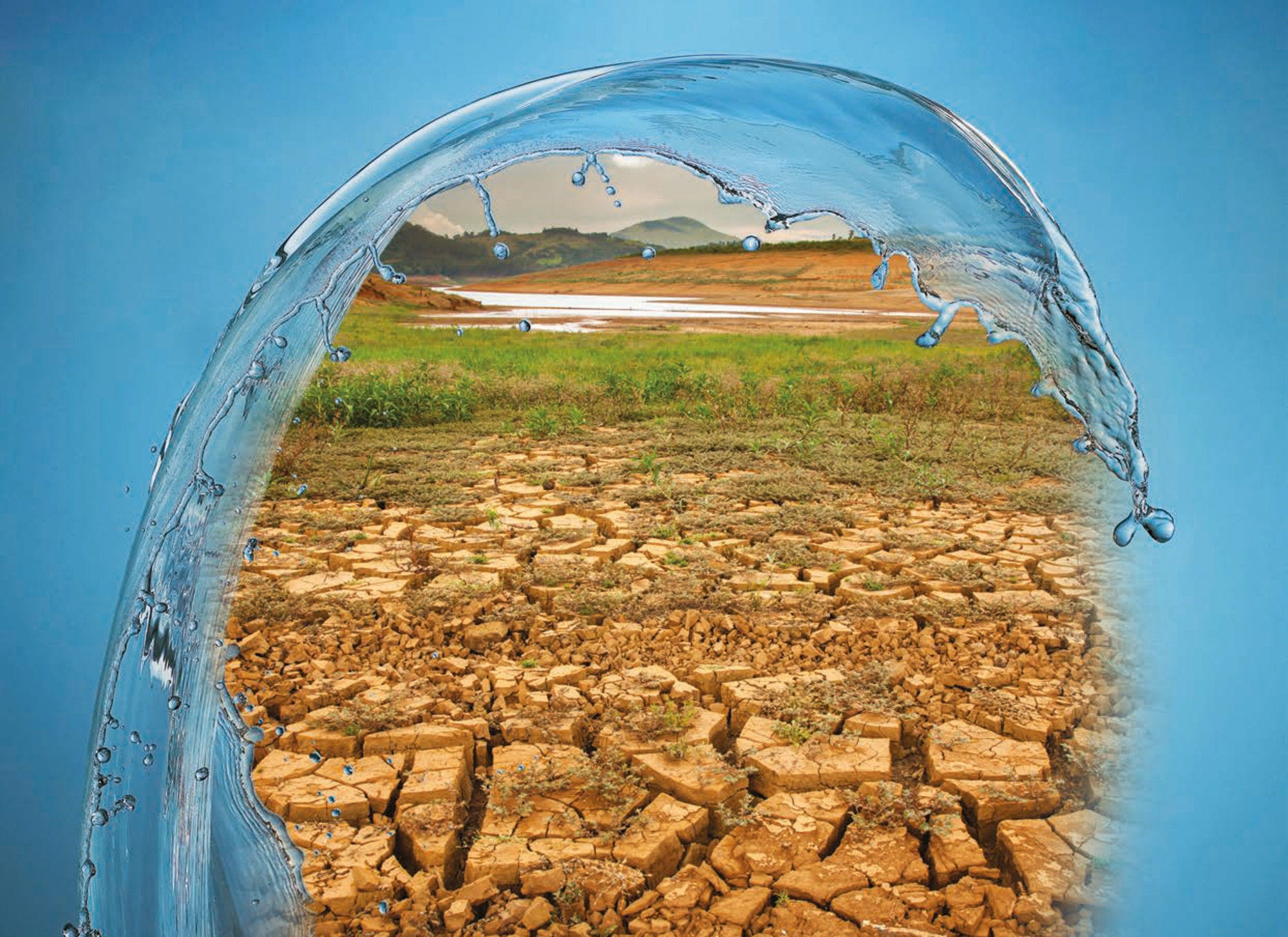Enhancing water resilience is urgent in Brazil, where nearly 100 million people lack access to safe sanitation. In addition, over 200 million rely on hydropower for two-thirds of their electricity, further reinforcing the importance of resilience, especially given the increasing intensity and frequency of extreme water-related events such as floods and droughts.
This report builds on a decade of policy dialogues between the OECD and the National Water and Sanitation Agency (ANA) of Brazil, which delivered the studies Water Resources Governance in Brazil (2015) and Water Charges in Brazil: the Ways Forward (2017). It provides practical, action-oriented guidance to strengthen water resilience in light of two recent institutional and policy changes: first, the implementation of the 2019 National Water Security Plan containing strategic infrastructure requirements and an investment plan to 2035; and second, the Federal Sanitation Law 14.206/2020, which expanded ANA’s portfolio beyond water resources management to include sanitation prerogatives.
Four workshops involving 200+ stakeholders over the period 2019-21 informed this report. The first addressed strategic issues on Upgrading, Governing and Financing Water Infrastructure (14-18 October 2019). The second looked at Regulating Water Management across Levels of Government (19-22 October 2020). The third (25-28 May 2021) and fourth workshops (21-24 September 2021) focused on the Piancó-Piranhas Açu River Basin to discuss respectively River Basin Governance, and Water Allocation Regimes and Economic Instruments. This report also benefitted from the experience of peer reviewers from Australia, the European Commission, France, Italy, Spain, the United Kingdom and the United States.
The report calls for a modern approach to water security, balancing supply and demand management, grey and green infrastructure, and risk management and resilience while embracing a holistic view that connects water to other strategic areas such as environment, land use and territorial development. The report further notes that the conservation of water ecosystems should be enhanced to guarantee water availability for all needs in the long term. Moreover, high urbanisation rates in Brazil highlight the need to better integrate territorial development and water resources management policies. Finally, land use directly affects the magnitude of extreme water-related events such as floods, especially for vulnerable people, calling for coordination across levels of government, conducive regulation and adequate economic instruments.
The OECD stands ready to continue supporting Brazil in advancing water policies for better lives.

Lamia Kamal-Chaoui
Director, Centre for Entrepreneurship, SMEs, Regions and Cities, OECD

Christianne Dias Ferreira
Director-President of the ANA
